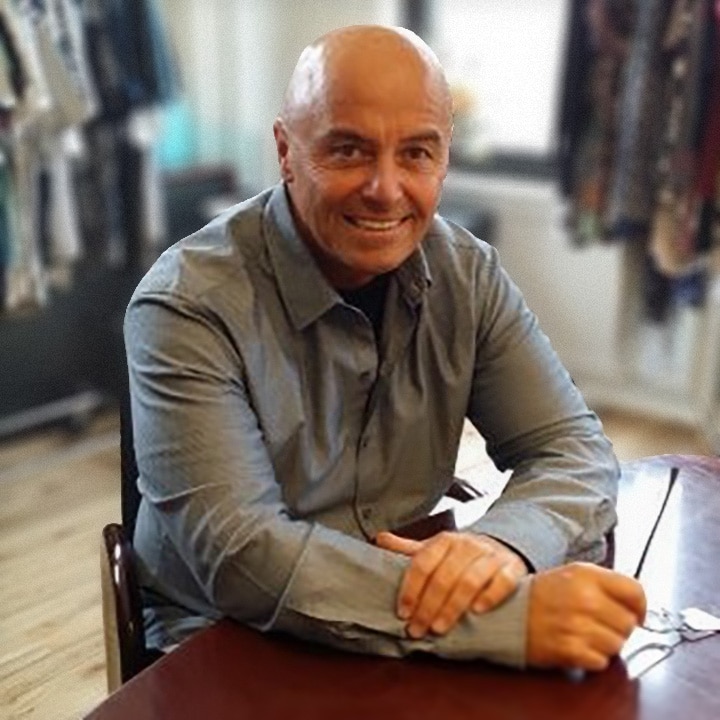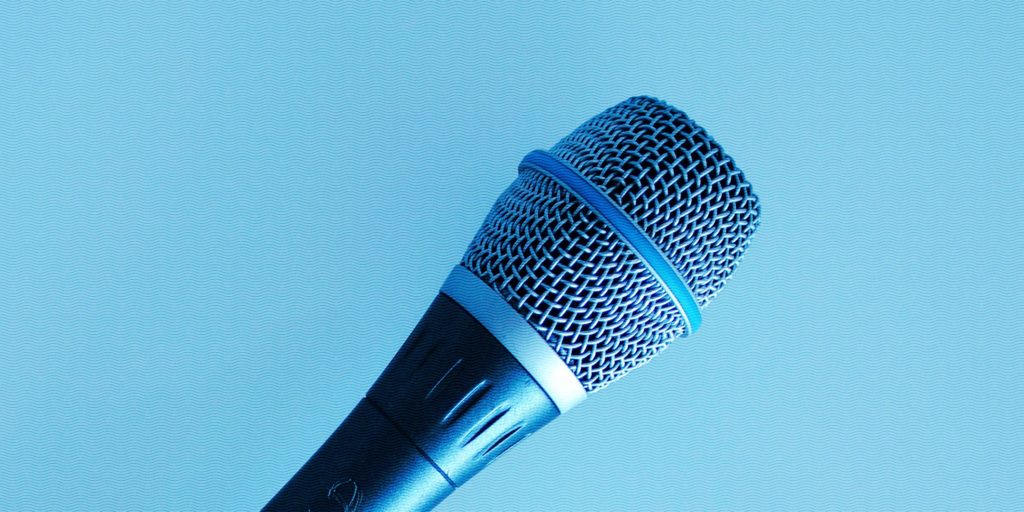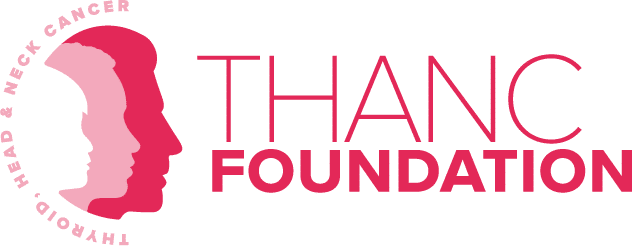
A while back, I had tonsil cancer. I underwent two surgeries to extract cancer and over 25 radiation treatments. Fast-forward 11 years: everything in my life seemed perfect. One day while eating a sandwich, my tooth cracked out of nowhere. It felt like my whole jaw shattered—like a rock hitting a windshield. I went to the emergency room, and they told me I needed an oral surgeon.
My oral surgeon extracted the tooth. When she pulled it out, the bottom was black. I was shocked. After having cancer, I had become an oral hygiene fanatic. I couldn’t believe that tooth came from my mouth. Even though I had no pain, two other teeth had already cracked. My surgeon knew we had a bigger problem.
Three days later, my face stayed swollen like a softball. My oral surgeon suggested I circle back with my cancer team to make sure I had no cancer. I called my ENT, who had retired. He sent me to the hospital, and we ran a battery of tests. I got great news: no cancer. But I also got bad news: I received a diagnosis of osteoradionecrosis.
From that day until the surgery, I focused on my fitness. I walked over 140 miles in a month. I did 100 push-ups at a clip.
I had no idea what that was. I learned that it develops in 3–5% of cancer patients who get radiation. The radiation limits blood flow and oxygen to tissues—in my case, my left lower jaw. I asked what would be the appropriate next step, and my doctor referred me to a head and neck surgeon.
When I called her, the surgeon’s coordinator asked me to come in immediately. We did a nuclear bone test. My surgeon looked at the film for about 15 seconds. He said, “Joe, you don’t have any other options. You need surgery, and sooner rather than later.” He explained, “I’m going to extract your left jawbone, gums and teeth. Another team will take your left fibula and put it in place of your jaw. You’re going to be in surgery for 12 hours, and you’re going to be in the ICU for 10 days.”
My surgeon told me to get as strong as possible beforehand—he didn’t need to tell me twice. From my previous experience with cancer, I knew that this illness will beat you down if you’re not physically ready. From that day until the surgery, I focused on my fitness. I walked over 140 miles in a month. I did 100 push-ups at a clip. To strengthen the blood flow to my left fibula, I also decided to undergo twelve deep dives in a hyperbaric chamber.
The doctor told me he’d never seen someone push to recover so quickly. Seven days after my surgery, I went home to my loving wife.
The surgery took 12 hours. Because of COVID restrictions, my wife and three boys weren’t allowed in. I woke up alone in the ICU with my left leg, the donor site, suspended in the air. I had a tracheostomy and couldn’t speak. Needles stuck out of my hands. I was immobile. I broke down. I couldn’t believe I was in this mess again, because of cancer. But I took a deep breath and decided to fight.
The ICU nurses were the most gracious and loving people I’ve ever met in my entire life. I made it clear to them that I am not the type to sit in bed. I don’t care what the protocol is! My physical therapist introduced himself and said we would start the next day, but I insisted we begin immediately. I said by writing on my whiteboard, “You need to disconnect me. We are going for a walk right now.” He disconnected all my lines and shimmied me out of bed. I put a walker down. With my leg in a cast, I began walking less than 48 hours after my operation. The doctor told me he’d never seen someone push to recover so quickly. Seven days after my surgery, I went home to my loving wife.
In my darkest moments, I chose to keep going, and that’s why I’m still here today.
A few months later, with the surgery behind me, I felt alright physically. But mentally, I felt myself going into a dark place, and I didn’t know why. I realized I needed to get sunlight and clear my head. The day after my second follow-up appointment, I drove to Florida and stayed for 22 days. I went for long walks, meditated, and self-reflected. I didn’t want to spend time looking in the rear-view mirror. I wanted to look forward and ask, what am I going to do now? I got away from the darkness, recharged, and found the right mindset. I did what I needed to do, just like before my surgery.
Cancer will test you mentally and physically at every stage of the journey. If you prepare your body and mind as much as possible, you can find a way through. Listen to your doctors—trust them. In my darkest moments, I chose to keep going, and that’s why I’m still here today.

Will You Share Your Journey?
April is Oral Cancer Awareness Month. As part of that theme, we post stories written by oral cancer survivors, caregivers and medical professionals for our 30 Stories in 30 Days™ campaign. The insights they share can help others along their journey.


